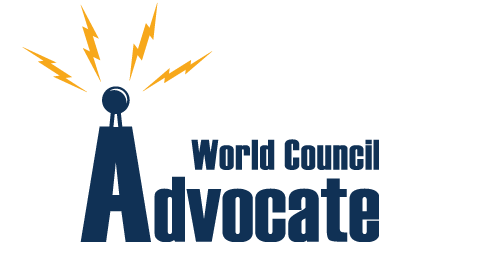WOCCU Urges Changes in Oversight of International Audit-Related Standard-Setting Boards
2018-02-09WOCCU filed its comment letter on the Monitoring Group’s proposal on Strengthening the Governance and Oversight of the International Audit-Related Standard-Setting Boards in the Public Interest.
The Monitoring Group is a group of international financial institutions and regulatory bodies committed to advancing the public interest in areas related to international audit standard setting and audit quality. The members of the Monitoring Group are the Basel Committee on Banking Supervision, European Commission, Financial Stability Board, International Association of Insurance Supervisors, International Forum of Independent Audit Regulators, International Organization of Securities Commissions, and the World Bank.
WOCCU makes numerous suggestions for changes to the proposal as follows:
- Supports increasing the independence of auditing standard setting from the accounting profession, but does not support issuing new auditing standards more frequently;
- Urges the Monitoring Group to require standard setters to utilize quantitative cost benefit analyses as part of their consultative processes, and also to considering seriously the comments of community-based cooperative depository institutions, to help reduce regulatory burdens on financial cooperatives;
- Supports the proposal for a “multi-stakeholder” international audit standard setting board that includes board members who are not accountants per se but have relevant industry experience, such as being a representative of a community-based depository institution trade association or a community-based depository institution prudential regulator;
- Opposes the proposal that international standards be adopted through majority vote;
- Proposes reforming the auditing standard Consultative Advisory Group (CAG) by including a broader multi-stakeholder composition in the Consultative Advisory Group that would better serve the public interest by helping to develop standards that are more relevant and practical for a wider diversity of business enterprises, including cooperative depository institutions;
- Supports giving the PIOB authority to veto auditing standards or challenge technical judgments when doing so is necessary for the PIOB to discharge its responsibility to ensure that auditing standards are in the public interest; and
- Supports retention of the Monitoring Group’s current oversight role over how international audit-related standards are developed.
A copy of the letter can be viewed here.

